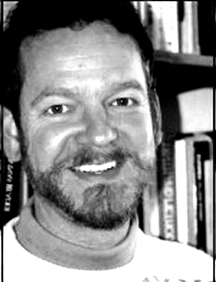 |
Reduction or Emergence? An Introduction to a New Paradigm in the Natural Sciences Friday, February 18th, 2005 |
Dr. Philip Clayton Claremont Graduate University |
Dr. Clayton's quest is to develop a constructive integrative position in the current dialogue between science, modern philosophy, metaphysics, and theology. The demands of this task have led to his work and publications in the theory of knowledge; the history of philosophy and theology; the philosophy of science; physics, evolutionary biology and the neurosciences; comparative theology; and constructive metaphysics. A panentheist, he defends a form of process theology that is hypothetical, dialogical and pluralistic. |
|
Philip Clayton holds a Ph.D. in both Philosophy of Science and Religious Studies from Yale University.
Professor Clayton has taught at Haverford and Williams Colleges, at the California State University, at the University of Munich (holding Humboldt and Fulbright Professorships), at Harvard Divinity School, and is currently Ingraham Chair at the Claremont School of Theology and Professor of Philosophy at the Claremont Graduate University. |
Clayton is author of The Problem of God in Modern Thought; God and Contemporary Science; and Explanation from Physics to Theology: An Essay in Rationality and Religion, along with a number of edited volumes, including, Quantum Mechanics: The Problem of Divine Action, Evolutionary Ethics: Human Morality in Biological and Religious Perspective, In Whom We Live and Move and Have Our Being: Panentheism and Science, and Science and the Spiritual Quest. He has published some 50 articles in the philosophy of science, metaphysics and theology.
He won the Templeton Prize for Outstanding Books in Science and Religion and the first annual Templeton Grant for Research and Writing on the Constructive Interaction of the Sciences and Religion. Since 1999, Dr. Clayton has been Principal Investigator of the Science and the Spiritual Quest program at the Center for Theology and the Natural Sciences. |